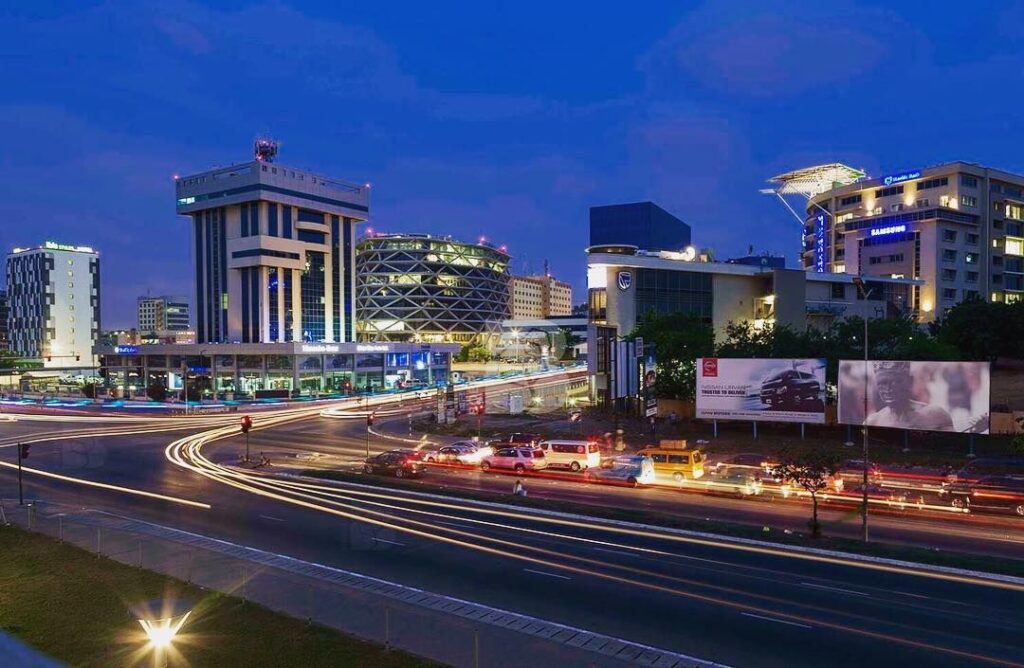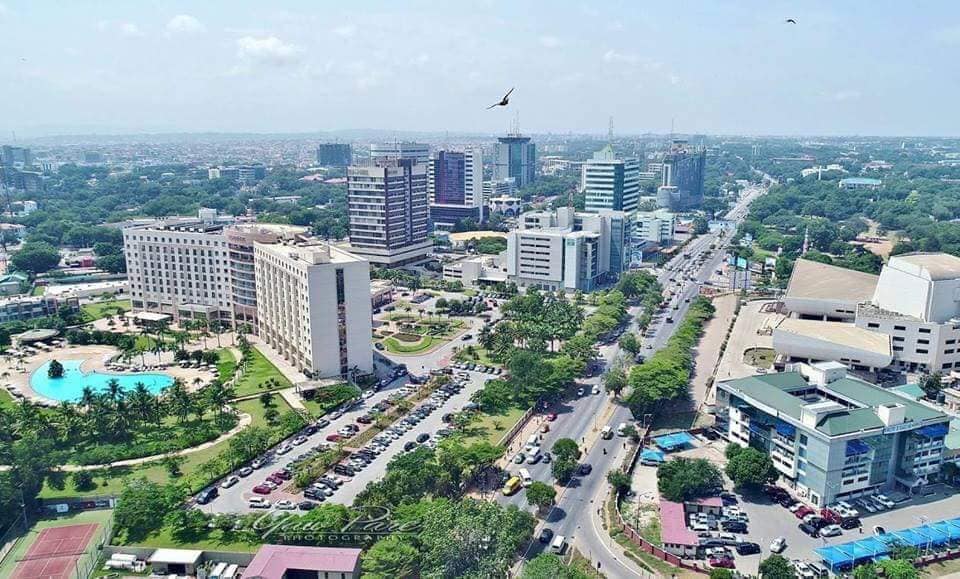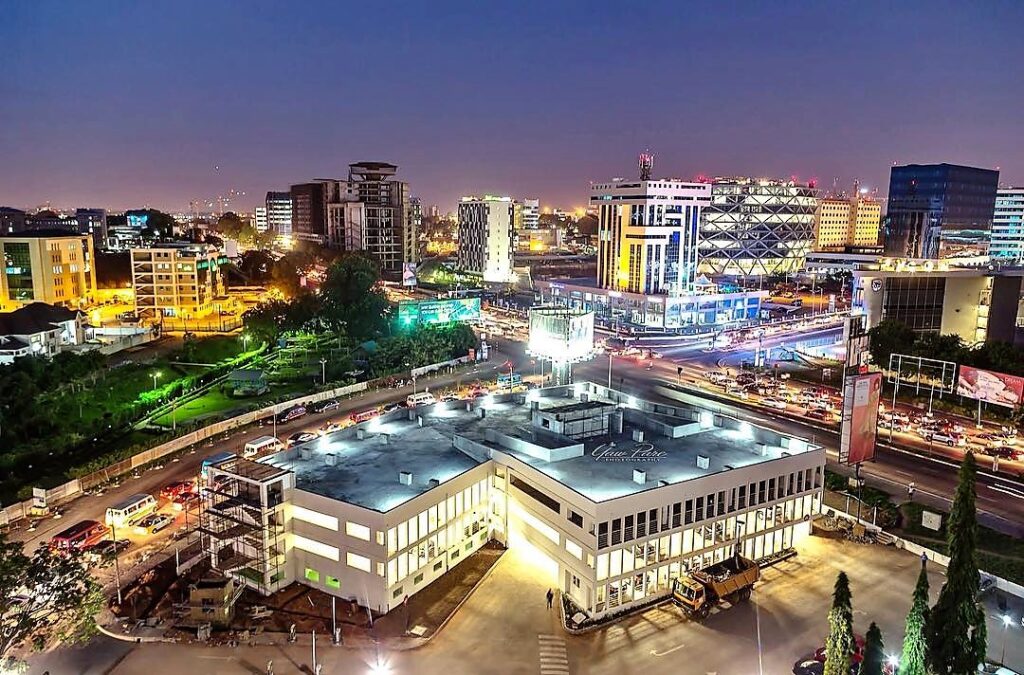One of Ghana’s most historic cities, Cape Coast, situated on the Gulf of Guinea, played a pivotal role in the transatlantic slave trade and was originally known as Carbo Corso, a distorted version of “Corsican Cape.” It served as the inaugural capital of the Gold Coast.

Starting from the 16th century, Cape Coast became a stronghold for various European nations, including the Dutch, Portuguese, Swedish, and eventually the British. It evolved into a crucial center for trade, particularly in slaves and valuable resources such as gold, with the Europeans leaving a lasting architectural legacy through lodges, forts, and other structures.
Cape Coast was not only a strategic base for European operations but also a significant hub for Asante traders, a vital port, and the British commercial and administrative capital. The Cape Coast Castle, initially constructed by the Swedish and later seized by the British in 1663, served as the administrative headquarters for the Gold Coast Colony and emerged as an educational center, hosting pioneering schools like the Philip Quaque Boys’ school.

However, Cape Coast lost its status as the Gold Coast’s first capital in 1877 when Accra assumed the role of the administrative capital under British colonial rule. During the British presence in Cape Coast, the controversial window tax was introduced, attempting to generate revenue based on the number of windows in each household. This measure faced strong opposition from the local population, leading to the relocation of the seat of government to Accra.

Accra, which officially became a city on June 29, 1961, under Ghana’s first President Dr. Kwame Nkrumah, replaced Cape Coast as the new colonial administration center. Over the years, Accra has experienced rapid growth and transformation into a prosperous trading and educational hub, serving as the commercial and economic center of Ghana. The city’s development, marked by the establishment of railways and municipal councils, has positioned Accra as one of the fastest-growing cities in Africa since the pre-colonial era.






































